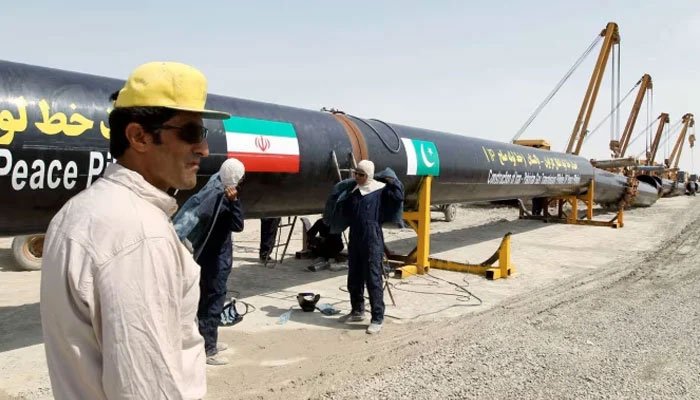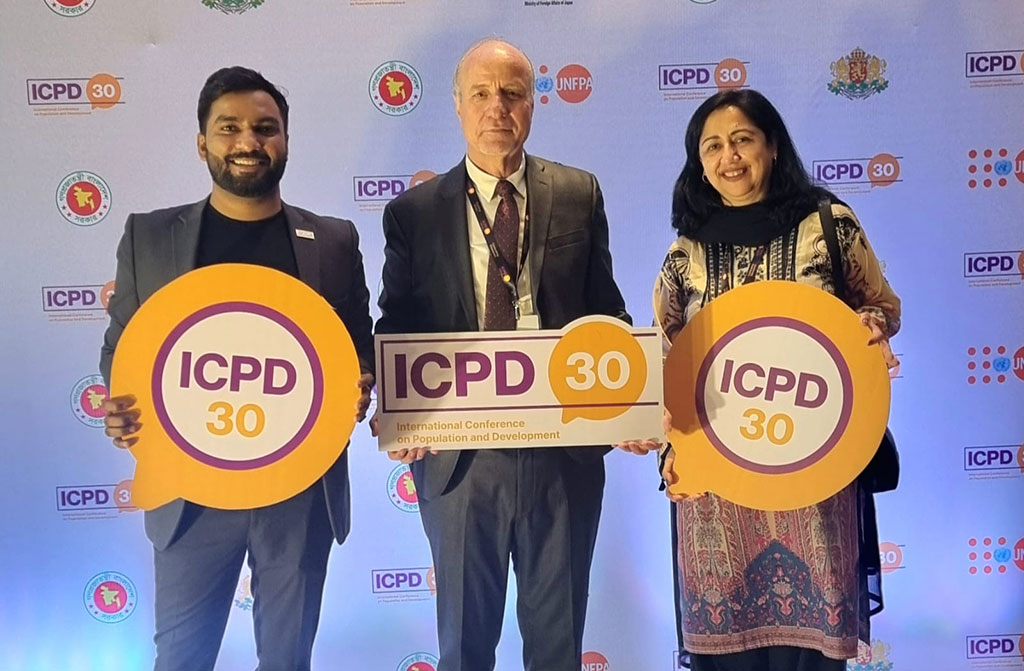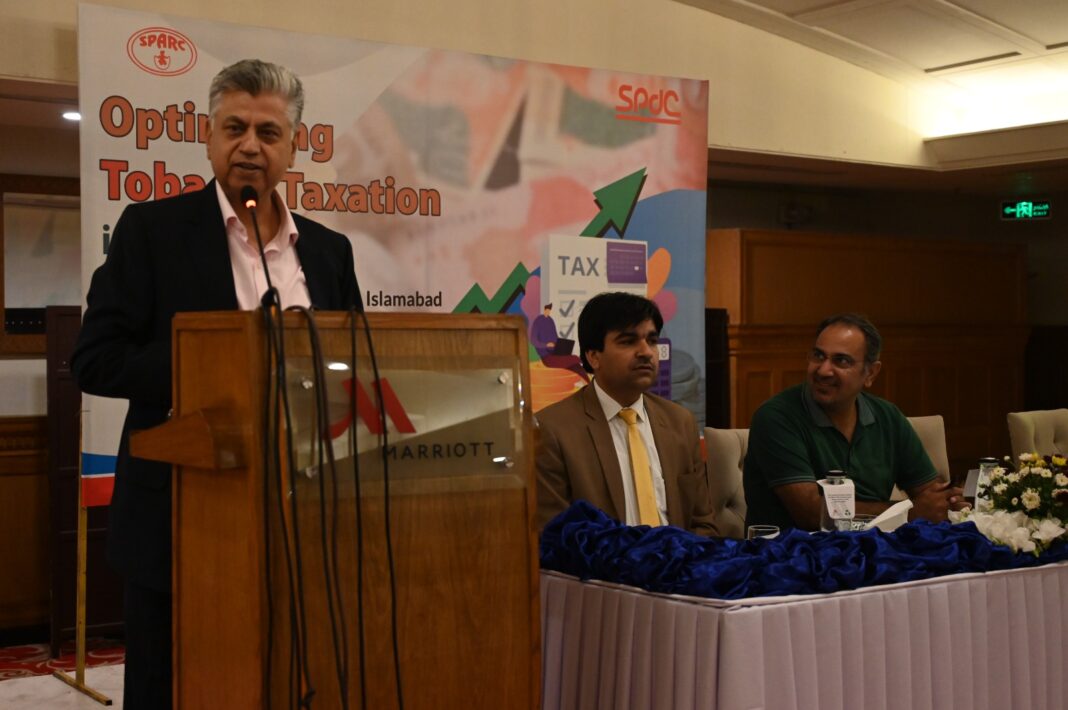By: Abeera Rehman

The Pak-Iran gas pipeline, also called the Peace Pipeline, is a plan dating back to 1995. Initially, the plan was to supply Iranian gas to India through Pakistan. After India withdrew from the agreement in 2008 due to U.S. sanctions on Iran, Pakistan, and Iran went ahead with the plan. In June 2009, Iran and Pakistan signed a deal on a “2,775-kilometer-long” gas pipeline project. Iran has completed its portion of the pipeline by 2012, which extends approximately 1,172 km from the South Pars gas field to Gabd, a town near the Iran-Pakistan border. In 2013, Pakistan’s then-federal government approved the construction of the pipeline. Despite approval, Pakistan made no significant progress on its 781 km section till 2024, which it planned to extend from Gabd through Balochistan to Sindh.
The lack of progress is primarily due to the country’s cash-strapped economy and the U.S. sanctions on Iran over its nuclear program. The introduction of the more stringent” Countering America’s Adversaries Through Sanctions Act (CAATSA)” in August 2017(signed into law by President Trump) has further hindered Islamabad’s trade prospects with Iran. With Iran’s direct involvement in the Israel-Hamas conflict, acquiring cheaper natural gas from Tehran has become a difficult task for Islamabad. U.S. sanctions have significantly restricted Iran’s ability to exploit its substantial crude oil and natural gas resources on the international market. Completing the Peace Pipeline is critical for expanding Iran’s natural gas market. It represents a vital avenue to promote its natural gas exports. For Iran, securing the peace pipeline is not merely an economic imperative but a strategic necessity to diversify its energy exports and lessen the financial impact of geopolitical constraints.
Iran has already invested significant resources in this project and is exerting pressure on Pakistan to avoid further delays. Tehran issued a deadline to Pakistan, stating that if the country fails to complete its pipeline segment by February 2024, it will have to pay U.S. $18 billion to Iran as a penalty. There was no significant development from the Pakistani side until February 2024. Iran threatened to take legal action and extended the deadline for Islamabad to September 2024 to complete the construction.
In February this year, Pakistan’s interim government approved the construction of the first phase (that consists of an 80-km stretch of the total 781km pipeline) from the Iranian border to Gwadar to evade the Iranian lawsuit for breach of contract. Completing the first 80 km of the pipeline project will have significant geopolitical and economic implications for Islamabad. It could mitigate the prospects of Pakistan’s energy crisis and reduce the risk of potential financial penalties. The pipeline project could significantly impact the country’s economy and energy security. Natural gas, a stable and reliable energy source, will help meet Pakistan’s growing energy demand as the country’s natural gas reserves are rapidly depleting. It would divert the country’s reliance from less- efficient and less volatile imported energy resources such as coal, oil, and liquefied natural gas (L.N.G.) to more efficient and cost-effective resources like natural gas. It will benefit both the consumers and Industries by stabilizing energy prices.
The United States has consistently warned Islamabad against engaging with Iran, presenting a significant barrier to the completion of the pipeline project due to fears of U.S. sanctions. Apart from sanctions, constructing the Peace Pipeline could jeopardize Pakistan’s prospects for availing of long-term bail-out packages from the International Monetary Fund (I.M.F.). For countries under I.M.F. programs, compliance with international sanctions is essential. The U.S. Assistant Secretary of State for Central and South Asia, Donald Lu, warned Pakistan in May 2024 that importing gas from Iran could lead to U.S. sanctions. Pakistan realizes it needs cheap gas from Iran to sustain itself unless other resources become available.
For this reason, it will seek some concessions from the U.S. through a sanction waiver on the pipeline, but Pakistan would have to offer the United States something in return. Pakistan has yet to formally request a waiver from the U.S. to proceed with the pipeline, indicating ongoing uncertainty and hesitation in dealing with the potential repercussions of moving forward with the project. The waiver request would also require support from Saudi Arabia and the U.A.E. The current face-off between Iran and Saudi Arabia has triggered Riyad to try to limit Iran’s involvement in the region. Islamabad likely knows that seeking a waiver would be impossible under the current geopolitical circumstances. Even if Pakistan secures a waiver from the U.S., it would be hard-pressed to find financing for such a project.
Pakistan’s economy is not in a position to complete its segment of the pipeline. To build this project, Islamabad needs the financial support of China or some other sponsors, and Russia could be a funder. According to reports, Russia has offered to fund 80 km of Pakistan-Iran pipeline. In July 2022, a cooperation agreement worth $40 billion was signed between Gazprom(a Russian energy company) and NIOC( the National Iranian Oil Company). As part of this agreement, Russia has agreed to supply gas to Iran for delivery to Pakistan via the Iranian pipeline. Russia’s participation in the project comes as Moscow seeks new markets for selling its natural gas after being removed from European markets because of its war with Ukraine.
The peace pipeline project would connect the Middle East with South Asia, impacting the geopolitics of both regions. It would enhance the democratic and economic ties between Iran and Pakistan. But considering Iran’s standoff with the U.S. and its neighboring Arab States, it is difficult for Pakistan to manage the situation. For India, Pakistan’s dilemma is a moment of observational learning. India, too, has a growing energy demand and an interest in securing diverse energy sources. New Delhi, therefore, must monitor how Pakistan manages U.S. sanctions around the Peace Pipeline. If the pipeline advances without significant U.S. opposition, it could enhance India’s opportunities for economic engagement and infrastructure development with Iran, minimizing the fear of repercussions from its strategic allies.
On April 24, late Iranian President Ebrahim Raisi and his team of ministers concluded a three-day visit to Pakistan. This visit followed January’s tit-for-tat missile attacks, briefly straining relations between the two states. The issues of border security and the decade-old gas pipeline were discussed. This visit mitigated the tense atmosphere(created in the aftermath of January’s missile attacks) and was also seen as a significant step towards the progression of the Peace-Pipeline project.
Iran currently possesses 33 trillion cubic meters of gas reserves, making it the largest gas reserves globally, second only to Russia. Unfortunately, due to a lack of visionary leadership and U.S. sanctions, Pakistan could not benefit from the geographical proximity of neighboring Iran. This pipeline presents a huge untapped opportunity for Pakistan to benefit by importing natural gas at cheaper rates than the international market. To tap these resources, Pakistan needs a balance of fortitude, determination, diplomacy, and delicate craftsmanship on its political and foreign policy fronts. If appropriately managed, Pakistan can utilize the peace pipeline to resolve its energy problems in the long run.
The writer is a student of International Relations. She can be reached at [email protected]



